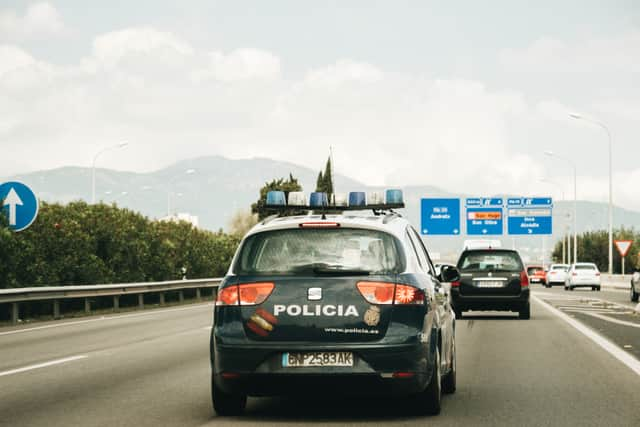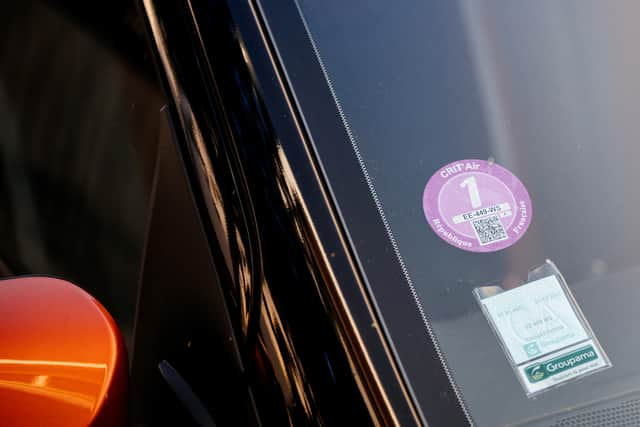Driving in Europe: 11 little-know motoring laws from France, Spain, Italy and beyond
and live on Freeview channel 276
The summer holidays are fast approaching and millions of Britons are getting ready to head overseas in search of sun, culture or perhaps just a change of scenery.
Many will choose to take their own car on the ferry or Channel Tunnel to Europe while others will hire cars once they reach their destination. Whichever approach you take, it's important to be clued up on the rules of the road wherever you're travelling to.
Advertisement
Advertisement
There are a lot of common guidelines and requirements that you'll need to know about wherever in Europe you go. You can read about them in our handy guide here.
However, every country also has its own local laws and while some are fairly obvious common sense issues, there are a few more obscure ones that could catch the unwary out.
So to help you stay on the ride side of the authorities, here are a few of the more unsual laws from around Europe.
Carry spare glasses (Portugal, Spain and Switzerland)
If you require glasses while driving it’s obvious you should carry your specs with you at all times. However, anyone driving on the Iberian Peninsula or in the Swiss Alps is required by law to ensure they always have a spare pair of glasses in the car as well.
Don’t use headphones at the wheel (France and Spain)
Advertisement
Advertisement
It’s not a sensible thing to do anyway but in France and Spain it’s a specific offence to use a vehicle with any sort of headphones in, regardless of whether they’re connected to music or for phone calls.


Mind your manners (Cyprus and Germany)
British motorists who make a rude or offensive gesture towards another road user could be punished with a steep fine in both Cyprus and Germany, so calm any road rage.
Don’t run out of fuel (Germany and Portugal)
While it’s not illegal in the UK, in Germany it is against the law to run out of fuel on the high-speed autobahn and the offence carries a heavy fine. In Portugal, carrying cans of petrol in cars is banned, so fill up your tank before setting out.
Steer clear of snacks (Cyprus)
Cypriot road rules specifically prohibit drivers from eating or drinking anything while they’re behind the wheel.
Keep the air clean (throughout Europe)
Advertisement
Advertisement
As in the UK, many large European cities have introduced clean air or low emissions zones in recent years. In some cases more polluting vehicles are banned outright while in others they face hefty charges. In some countries you simply pay as you go while in others, such as France, you need to display a sticker showing your car’s emissions rating or face a fine. In others, such as Belgium, you must register your vehicle with the authorities before travelling into a LEZ.


No smoking (Greece)
Tourists travelling with children, whether in a hire car or their own vehicle, during a Greek holiday are banned from smoking and face a fine of €1,500 if they breach the country’s anti-smoking legislation.
Stick to the road (Iceland)
Iceland’s rugged landscape cries out to be explored in a tough 4x4 but to protect vulnerable plants and wildlife, it’s illegal beyond the boundary of a road unless there’s a specific parking area.
Reversing hazards (Slovenia)
Drivers who are reversing in Slovenia are legally required to put their hazard warning lights on, to make themselves more visible to other road users.
Carry rope (Serbia)
Advertisement
Advertisement
All drivers in Serbia are required to carry a tow bar and three metres of rope in their vehicle, in case of a breakdown.
No idling by the railway (Germany)
This is less of an issue now that most modern cars feature start/stop technology, but German law states that drivers must turn off their engines while stopped at a level crossing.
